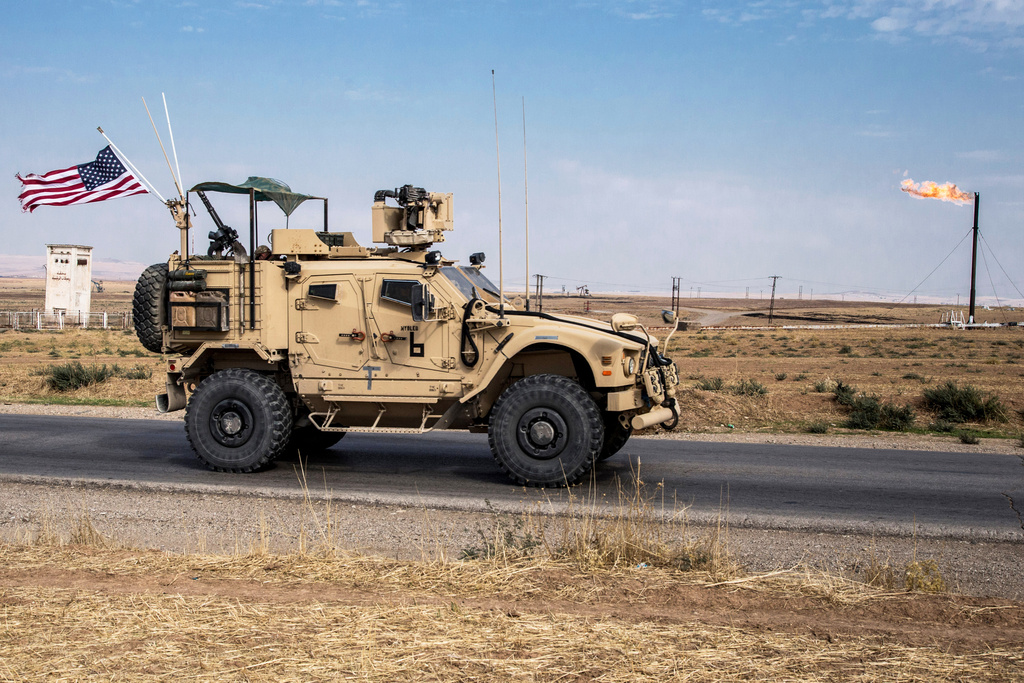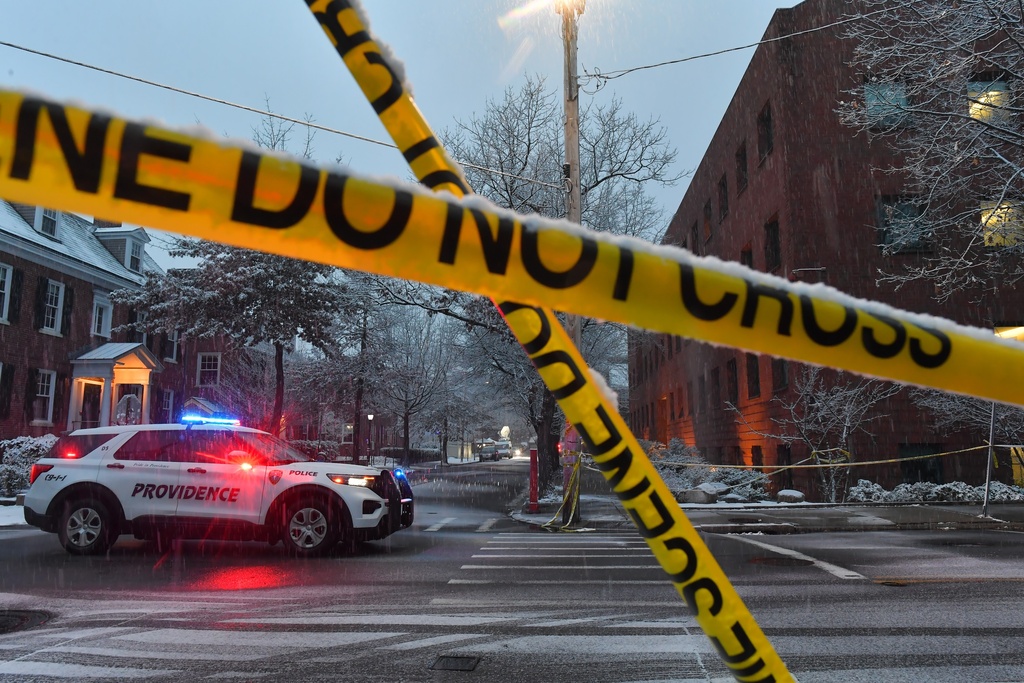Police in Belgium say they've shot and killed a man suspected of going on a shooting spree that left two Swedish soccer fans dead and a third wounded.
The attack happened on a Brussels street while the Belgian national soccer team was hosting Sweden at Heysel Stadium some 3 miles away. Police believe the suspected gunman was inspired by the Islamic State terrorist organization and deliberately targeted the victims because of their nationality.
The suspect, who has not yet been identified, was described by prosecutors as a 45-year-old man from Tunisia. Authorities said he posted a video online shortly after the attack, claiming to have killed three Swedish people in the name of God.

Shooting in Belgium linked to terrorism, prime minister says
The shooting came at a time of increased vigilance linked to the ongoing Israel-Hamas war that has heightened tensions in several European nations.
"Everything indicates this is a terrorist attack against Sweden and Swedish citizens, just because they are Swedish," said Swedish Prime Minister Ulf Kristersson.
Belgium's Justice Minister Vincent Van Quickenborne said the suspect was denied asylum in 2019 and was presumed to be living illegally in Belgium. It's also speculated that he had ties to human trafficking and was a risk to state security.
Swedish officials said the two men who were killed were in their 60s and 70s. The third man shot, also in his 70s, remained hospitalized.
The attack came at a time of increased vigilance due to the ongoing war between Israel and Hamas that has increased tensions worldwide. However, prosecutors said they have no reason yet to believe the attack was associated or inspired by the war.










